News
07 November 2023 |News
ILO ESAP 2: Addressing undeclared work among seasonal workers

ILO ESAP 2: Addressing undeclared work among seasonal workers
On October 24-25, 2023, Skopje hosted Regional Workshop “Peer Learning Exchange on Labour Force Movement and Seasonal Work: Addressing Undeclared Work” organized by the Employment and Social Affairs (ESAP) 2 project. This event was funded by the International Labour Organization (ILO) and the European Union.
The peer learning was attended by tripartite delegations of all economies covered by the ILO ESAP 2 project: Albania, Bosnia and Herzegovina, Montenegro, North Macedonia, Kosovo*, and Serbia.
The first day of the workshop was devoted to learning from experience. The day started with the presentation of the results of the pilot measure “Making declared work attractive for employers and employees”, by Ms. Blagica Petreski, Chief Economist of the Finance Think, an independent and non-for-profit economic research and policy institute from North Macedonia.
The presentation offered an overview of ESAP 2 pilot measure implemented in Ohrid and Struga with the aim of increasing employers’ and employees’ incentives to declare their work by reducing bureaucratic procedures and decreasing tax wedge for occasional and seasonal workers. More than 130 individuals and 17 businesses operating total of 26 hospitality establishments participated in the pilot. This assessment found that changes implemented within the pilot did not change occasional workers cost-and-benefit calculations regarding, thus providing no incentive in formalizing. However, seasonal workers in different contractual modalities were motivated to transition from undeclared or under-declared work into fully declared work.
The presentation was accompanied by the reflections on seasonal work in the HoReCa sector, which triggered a discussion about the issue of outward migration from the Western Balkans economies – through registered employment agencies and in other non-standard ways.
The day continued with the presentation from North Macedonia by Mladen Frckovski from the Ministry of Labour and Social Policy and Ljubisha Anastasov from the Agency for Temporary Employment who spoke about emerging trends in seasonal work in North Macedonia. Frckovski provided attendees with statistical data on workers who go to work abroad.
Anastasov spoke about the experiences of people who work abroad, their aim, reasons for leaving North Macedonia, etc. He stated that the Agency is currently conducting analysis on reasons people go to work abroad.
Day one closed with the ILO National Coordinator for Serbia, Jovan Protic, who presented on initiatives to regulate seasonal work in Serbia and spoke about ILO broad experiences working on this subject. Protic explained the timeline of initiatives on the regulation of seasonal work in Serbia, underlining that the adoption and implementation the Law on Seasonal Work in the agriculture sector have shown good results in terms of the transfer of informal agricultural workers into the formal economy.
However, he added that the initiative to expand the implementation of that Law onto tourism, home workers and especially the construction sector ran into a strong and understandable opposition by the trade unions and NGOs. That has primarily been the case due to the fact that the system of registration of seasonal workers, the low level of social security system and a generally low level of attainment of labour rights of those workers could lead to social dumping, the lowering of labour rights of Serbian workers and an uncontrolled engagement of low-skilled migrant workers.
He added that, in response to the request from the Ministry of Labour of Serbia, in February 2022 the ILO has issued a Technical Memorandum about the level of harmonization of that draft Law with the International Labour Standards, which has effectively brought to a halt the further discussions about that law in the meantime.
The second day of the workshop started with the presentation on European Union experiences in addressing undeclared work among seasonal workers: The role of public employment services held by Valli Corbanese, ILO Employment Expert.
Corbanese presented data on seasonal work and workers, emphasizing the high vulnerability of seasonal workers to undeclared work and related precarious working and living conditions, as well as to occupational health and safety risks. She pointed put that there are over 200,000 undeclared seasonal workers in agriculture, accommocation and food services in Europe.
Among some of the challenges related to seasonal work, Corbanese pointed out excessive work hours, violation of leave and rest rules, breaches of occupational safet and health, violation of applicable minumum wage, unpaid over-hours, and difficulties in accessing information. Corbanese also presented EU Directive on seasonal work from 2014 as well as other policies to tackle undeclared work.
The workshop ended with a session on future actions to address the challenges of seasonal work that was facilitated by Natasha Simjanoska, ILO Project Officer. Working in groups, participants discussed about overcoming existing challenges, and improving situation.
As a result of this regional workshop, attendees received detailed insight into existing experiences in the benefits and caveats of the seasonal work, which should primarily benefit the governments which aspire to regulate the seasonal work through particular legislative acts.





